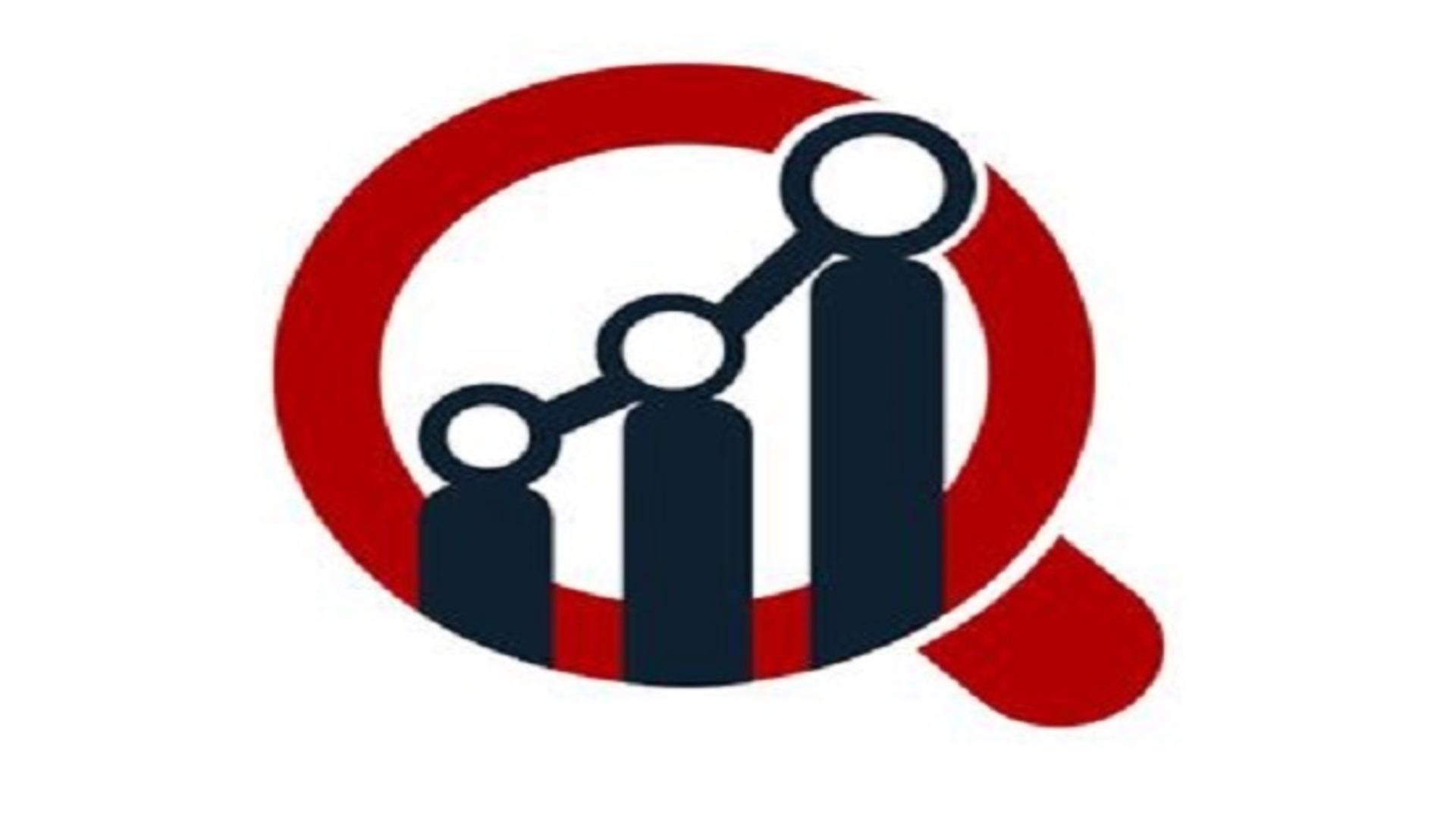In the high-stakes world of drug discovery, disease diagnostics, and biotechnology research, one unsung hero is working tirelessly behind the scenes — Protein Assays. These precise, powerful tools are quietly transforming how scientists understand biological systems, enabling innovations that are saving lives and shaping the future of medicine.
But what exactly are protein assays, and why is everyone from research scientists to pharmaceutical giants obsessed with them right now?
What Are Protein Assays, and Why Should You Care?
At their core, protein assays are analytical techniques used to measure the concentration or presence of proteins in a sample. Proteins are the workhorses of cells — they’re involved in nearly every biological process. Whether you're developing a new vaccine, diagnosing cancer, or testing for food allergies, protein assays give you the hard data you need to move forward with confidence.
There are different types of protein assays — including colorimetric, fluorometric, and absorbance-based methods — each with its own advantages depending on the application. Some assays detect specific proteins with exquisite precision, while others give you a broad look at total protein content.
The Pandemic Effect: A Boom in Protein Assay Demand
In the wake of COVID-19, protein assays found themselves in the spotlight. Researchers raced to understand how the virus interacts with human proteins, and protein assay kits became essential tools in vaccine development and antibody testing. This surge in demand was no blip — it signaled a permanent shift toward precision diagnostics and rapid-response research tools.
As healthcare, biotech, and food industries continue to expand their reliance on protein-based technologies, the Protein Assays Market is expected to grow at a significant pace. Analysts forecast a compound annual growth rate (CAGR) of over 10% in the coming years — a clear sign that this market is not only hot, but heating up fast.
Innovation Meets Application
The real magic of protein assays lies in their versatility. Here's how they're being used across industries:
-
Pharmaceuticals: Protein assays are instrumental in screening drug candidates. They help researchers identify whether a potential drug binds to its target protein, how well it binds, and whether it triggers the desired biological effect.
-
Clinical Diagnostics: Diseases such as cancer and autoimmune disorders often involve abnormal protein levels. Protein assays help detect these abnormalities early, improving patient outcomes through earlier treatment.
-
Food & Agriculture: In food safety labs, protein assays detect allergens and verify the authenticity of meat or dairy products. They also monitor plant proteins in genetically modified crops.
-
Academic Research: In universities and research institutions, protein assays are a standard tool for studying everything from neurodegenerative diseases to microbial behavior.
Why the Market Is Ripe for Disruption
Even though protein assays are well-established tools, the market is ripe for innovation. Automation, miniaturization, and AI-driven data analysis are revolutionizing how protein assays are performed and interpreted. Lab-on-a-chip devices, for example, are making it possible to carry out complex protein assays using just microliters of sample — perfect for point-of-care diagnostics and personalized medicine.
Meanwhile, machine learning algorithms are being integrated to interpret protein assay results faster and more accurately than ever before. This not only speeds up research but also lowers costs — a win-win for startups and established companies alike.
The Bottom Line
Protein assays may not be flashy, but their impact is undeniable. They’re the unsung gatekeepers of data that make modern medical breakthroughs possible. As technology evolves and demand grows, expect protein assays to become even more essential — and more advanced — in the years to come.
So the next time you hear about a new miracle drug or breakthrough therapy, remember: there’s a good chance it started with a few microliters of protein solution and a simple assay.
Want to stay ahead in this booming sector? Learn more about how the Protein Assays Market is shaping the future of biotech and diagnostics.


